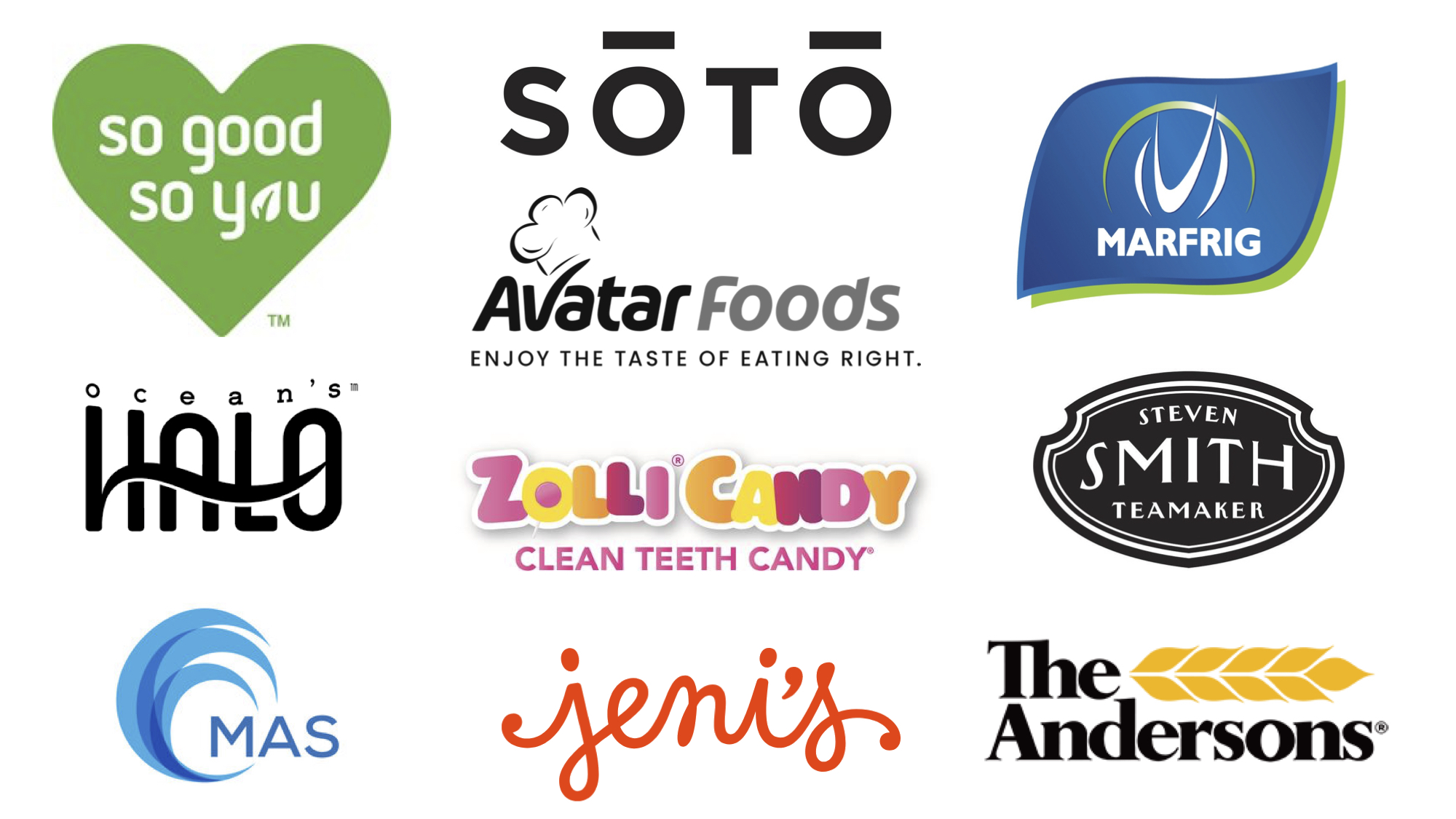Probiotics are a top trend in the global food industry, and according to a report released by market research firm, Markets and Markets, the probiotic ingredients market in the US is expected to be worth $46 billion by the year 2020. But the US isn’t the only country seeing tremendous growth in the probiotics industry.
The Asia-Pacific is the leading region in probiotic growth, with a projected five-year compound annual growth rate (CAGR) of 8.3 percent. In 2015, the probiotics sector in the Asia-Pacific was worth $12.9 billion; in 2020, it’s expected to grow to $19.2 billion, according to market research firm, BCC Research.
Specific strains of probiotics have been shown in scientific studies to support digestive health by helping the body absorb nutrients, and out-compete potentially harmful or pathogenic bacteria. As 70 percent of the body’s immune system is found in the gut, it’s no surprise that research has also shown some strains of probiotics support immune responses against foreign invaders, while potentially protecting against the development of autoimmune disease.
Considering the growth potential of probiotics, more and more food companies are incorporating the functional ingredient into their products. While past generations of probiotic strains have suffered from stability issues, only allowing them to be added to refrigerated dairy products, newly-developed probiotics can be fortified into a surprising number of products.
GanedenBC30 (Bacillus coagulans GBI-30, 6086) is one such probiotic, which has been incorporated into over 500 food, beverage and companion animal products worldwide. The stability of this spore-forming bacteria allows it to survive processing steps and shelf life, through to the extreme pH found in the stomach.
The stability of strains like GanedenBC30 has opened up endless opportunities to formulate probiotics into a variety of foods and beverages. Below are four top product categories where manufacturers can benefit from fortification with a highly-stable probiotic. For more information on how to improve functional food and beverages by incorporating probiotics, register for Ganeden’s upcoming webinar.
Beverages
According to market research firm, Frost & Sullivan, functional beverages are the fastest growing category in the functional foods market. Products like cold-pressed juices and immunity-boosting teas are quickly becoming favourites among health-conscience consumers.
Incorporating probiotics into products in this category presents many unique challenges for food manufacturers. In the case of hot teas, for example, bacterial spores must be stable enough to be stored in dry environment for an extended period of time.
On the other hand, those same probiotic cultures must be able to survive boiling temperatures upon the addition of hot water used to steep the tea. These two different conditions require a probiotic which has a long shelf life and the ability to withstand high heat.
Baked Goods
The packaged sweet baked good market continues to be a popular food category. According to Packaged Facts, while many consumers still view baked goods – such as muffins, pastries and cookies – as an indulgence, others are increasingly seeking more nutritionally-valuable baked products, that still taste good.
Convenience remains a big driver in sales of prepackaged baked goods, with more consumers seeking out smaller, individual portion sizes which could help them regulate their daily intake of calories. When combined with the buzz surrounding probiotics today, baked goods are an ideal category for fortification.
Baking products demand a range of temperatures – from mixing and proofing to baking and cooling – and ingredients are combined using a variety of techniques. This application requires a probiotic strain which stays stable throughout the manufacturing process, resulting in a finished product with added nutritional value.
Depending on the application, and the chosen probiotic strain, manufacturers may be able to make a multitude of health claims on their finished products. These product claims include “supports digestive health” and “supports immune health.”
Snacks
Like baked goods, the snack category is popular among both children and adults. Parents, in particular, are facing more strict guidelines on what they can pack in their kids’ school lunches, and are looking for more nutritional options to include.
Only select strains of probiotics can be fortified into gluten-free, non-GMO, vegan and allergen-free snacks, such as kale chips, granola bars and trail mixes. Regardless of the processing used to create these products, the chosen probiotic will need to remain active from start to end.
Companies like Glutino and Good Greens are already including probiotics in their products. Even private label brands, including CVS-branded trail mixes, have incorporated probiotics into their recipes.
Frozen Foods
Transparency Market Research has estimated that the global frozen foods market will reach nearly $300 billion by 2019, making this category another great option for innovation. Products like ice cream and frozen yogurt seem to be the most obvious application for probiotic fortification, but other convenience foods could also benefit from the cultures.
Probiotics are already being used in frozen products as unique as pizza dough and burritos, with many more opportunities being explored. Again, the understanding that these products will be exposed to both temperature extremes – hot and cold – means that any probiotics must be stable at these temperatures.
Whether food companies are looking to develop new products, or reformulate existing products to make them more attractive to health-conscious consumers, probiotics are great additions to functional foods. As 70 percent of consumers prefer to ingest probiotics through food and beverages, as opposed to supplements, probiotic fortification can add significant value to products, from tea to ice cream.
Register for Ganeden’s webinar to get further insights into how to choose a probiotic strain.
Are you incorporating probiotics into your food or drink products? Share your thoughts in the comments section below!








Join or login to leave a comment
JOIN LOGIN